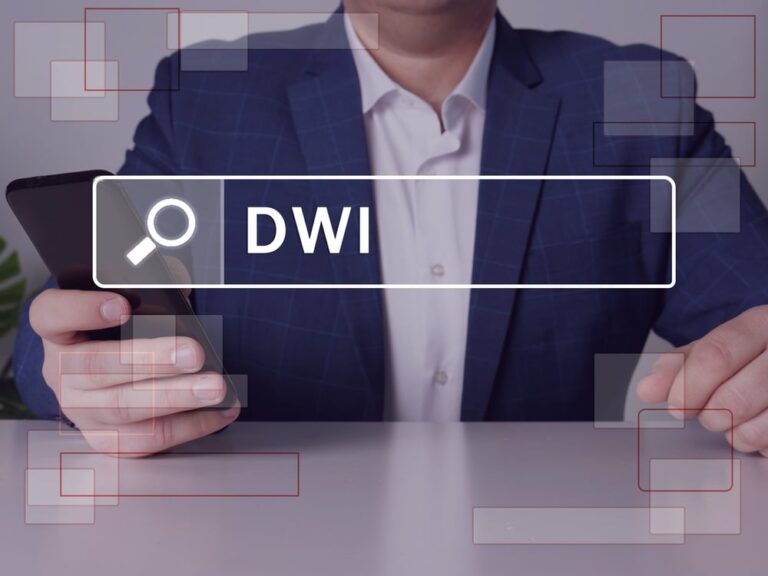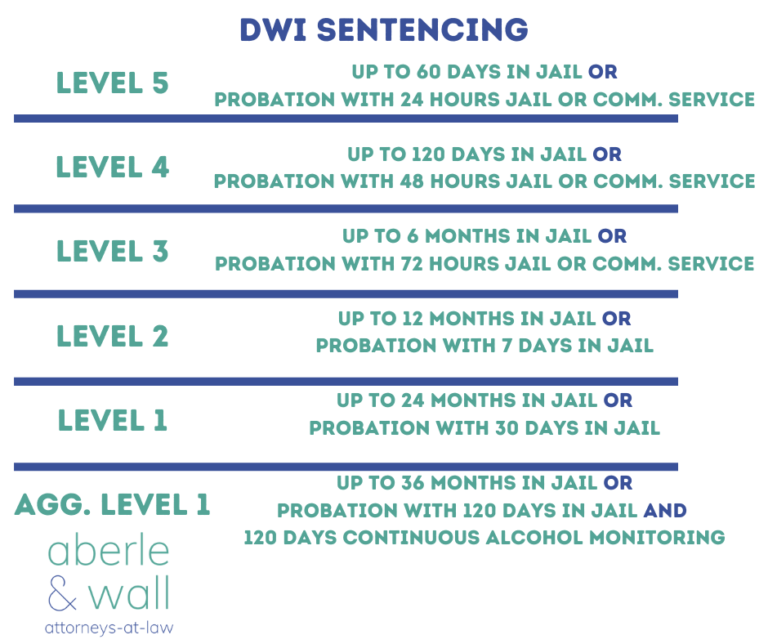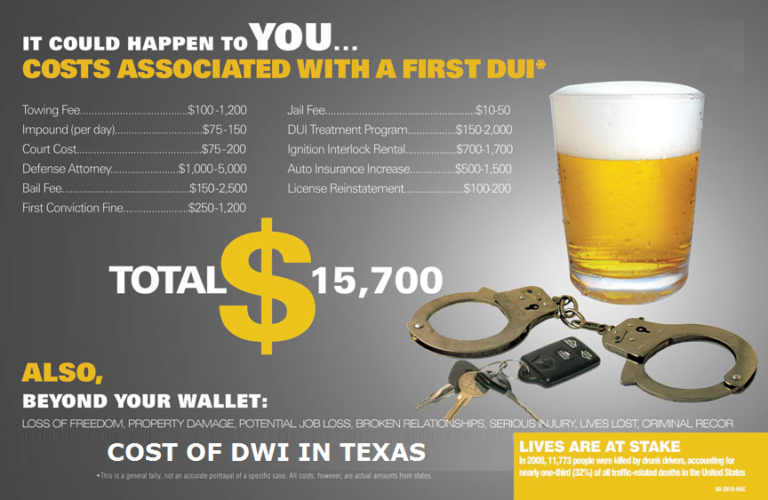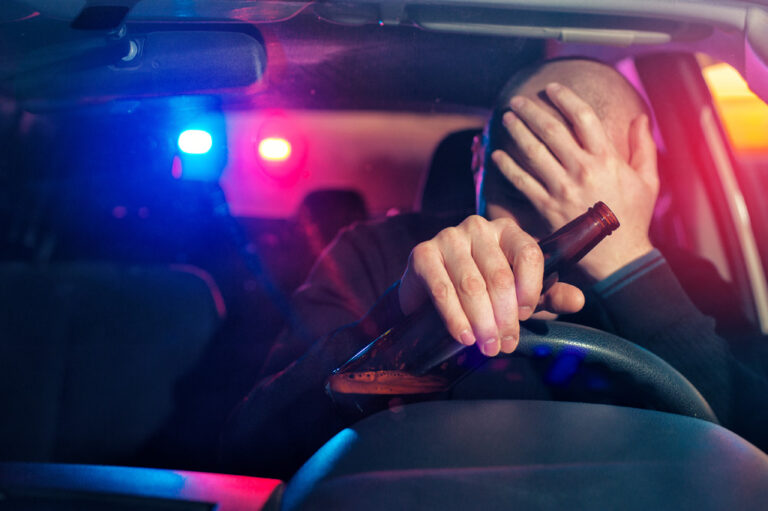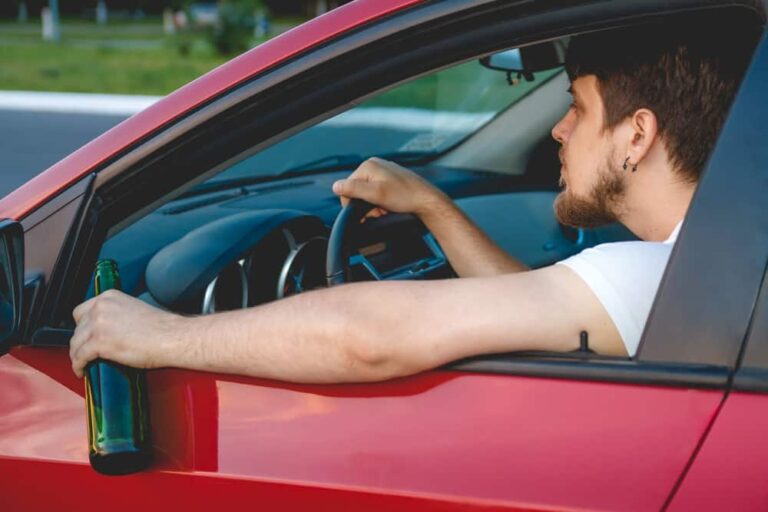A First Dwi Offense Is Punishable By?
Hey there! So you’re curious about what happens if someone gets caught driving while intoxicated for the first time, huh? Well, let’s dive into it! A first DWI offense is punishable by various consequences that can vary depending on the state you’re in.
Now, you might be wondering, what exactly does “punishable” mean? Well, in simple terms, it means that there are certain penalties or consequences that someone might face if they are convicted of a first-time DWI offense. These penalties can include fines, license suspension, mandatory educational programs, probation, or even potential jail time.
But hold on, before we go any further, let me clarify what we mean by a “DWI offense.” DWI stands for “Driving While Intoxicated,” and it refers to operating a motor vehicle while under the influence of alcohol or drugs. It’s important to note that the specific laws and penalties for DWI offenses can vary from state to state. So, it’s crucial to familiarize yourself with the laws of your own state if you want to understand the consequences of a first DWI offense in your area.
Now that we have a general understanding of what we’re talking about, let’s explore the specific penalties that a first DWI offense can bring. Remember, it’s essential to prioritize safety and always make responsible choices when it comes to getting behind the wheel. So buckle up and let’s get started!
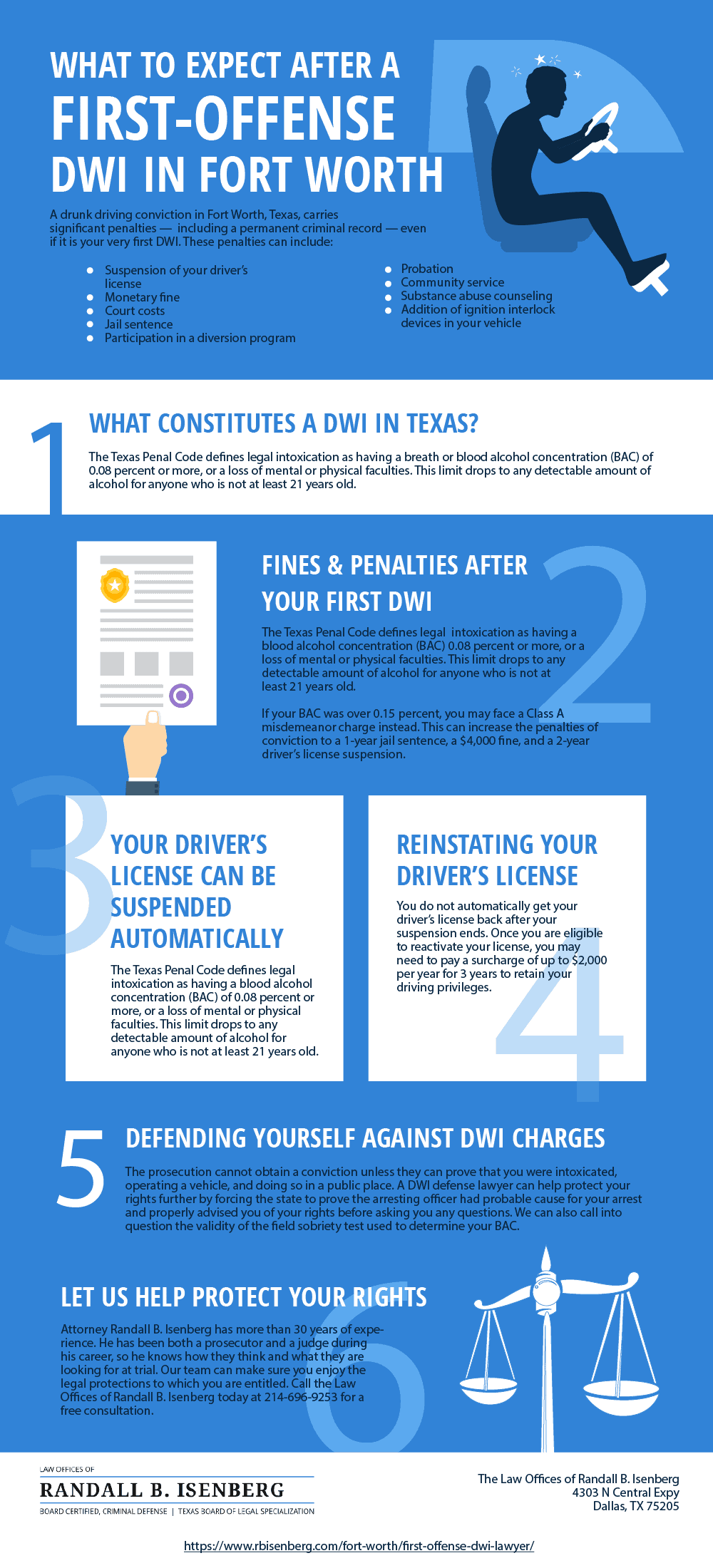
A First DWI Offense is Punishable By: Understanding the Consequences
Welcome to our comprehensive guide on the consequences of a first DWI offense. Driving under the influence (DWI) is a serious offense that poses significant risks to both the driver and other road users. In this article, we will explore the legal and social repercussions of a first DWI offense, shedding light on the penalties one may face. Whether you’re seeking information to avoid such a situation or to understand the consequences better, this guide will provide you with valuable insights.
The Legal Ramifications of a First DWI Offense
When it comes to a first DWI offense, the legal consequences can vary depending on the jurisdiction and the circumstances surrounding the incident. However, it is important to note that DWI laws are generally strict and the penalties can be severe, even for first-time offenders. In this section, we will delve into the potential legal repercussions of a first DWI offense, including fines, license suspension, mandatory education programs, probation, and more.
1. Fines and Financial Obligations
One of the immediate consequences of a first DWI offense is the imposition of fines. These fines can range from a few hundred to several thousand dollars, depending on the jurisdiction and any additional aggravating factors present during the offense. In addition to fines, individuals convicted of a DWI offense may also incur various financial obligations, such as court costs, legal fees, increased insurance premiums, and the cost of mandatory substance abuse programs.
To put it into perspective, a first DWI offense can result in fines ranging from $500 to $2,000. However, it’s crucial to note that these amounts are approximate and can differ significantly based on individual circumstances and local laws. It is advisable to consult with a qualified attorney to get accurate information regarding the fines and financial obligations in your jurisdiction.
2. License Suspension
Losing your driving privileges is another significant consequence of a first DWI offense. In many jurisdictions, a first-time offender will have their driver’s license suspended for a specific period. The length of the suspension varies depending on the state laws and the severity of the offense. Typically, a first-time offender may face a suspension period of 90 days to one year.
During the license suspension, individuals may be eligible to apply for a restricted license that allows them to drive only for essential purposes, such as work or medical appointments. However, it’s important to emphasize that driving without a valid license or violating the terms of a restricted license can lead to further legal consequences, including extended suspension periods and even potential jail time.
3. Mandatory Education Programs and Probation
Many jurisdictions mandate individuals convicted of a first DWI offense to complete alcohol education or treatment programs. These programs aim to educate offenders about the dangers of drunk driving, provide them with coping strategies, and prevent future offenses. The length and intensity of these programs can vary, but they typically involve attending classes, group therapy sessions, and sometimes even community service.
In addition to mandatory education programs, first-time offenders may be placed on probation. Probation typically involves a set period during which the offender must adhere to specific conditions, such as abstaining from alcohol and drugs, attending regular check-ins with a probation officer, and avoiding any further criminal activity during the probationary period. Failure to comply with probation terms can result in more severe penalties, including additional fines and jail time.
Key Takeaways: A First DWI Offense Is Punishable By
- A first DWI offense can lead to fines, license suspension, and probation.
- Depending on the jurisdiction, jail time may be a possible punishment for a first DWI offense.
- Completion of alcohol education programs or treatment may be required as part of the punishment.
- A first DWI offense can result in increased insurance premiums and the installation of an ignition interlock device.
- Seeking legal representation can help navigate the potential consequences and penalties of a first DWI offense.
Frequently Asked Questions
Welcome to our Frequently Asked Questions section. Here, we provide answers to common queries regarding the consequences of a first DWI offense.
1. What are the potential penalties for a first DWI offense?
If convicted of a first DWI offense, the penalties can vary depending on the jurisdiction and the circumstances of the case. Typically, penalties may include fines, license suspension, mandatory alcohol education programs, probation, community service, and even potential jail time. The severity of the penalties can also be influenced by factors such as prior convictions or the presence of minors in the vehicle.
It is important to consult with a legal professional who specializes in DWI cases to understand the specific laws in your jurisdiction and the potential consequences you may face if charged with a first DWI offense.
2. Will a first DWI offense result in the permanent revocation of my driver’s license?
The permanence of a driver’s license revocation due to a first DWI offense depends on the laws of the state or country in which the offense occurred. In some jurisdictions, a first offense may lead to a temporary license suspension, followed by a period of probation with restricted driving privileges. In other cases, a first offense may result in complete revocation of the driver’s license.
Again, it is essential to consult with a legal professional who can provide accurate information about the specific laws and regulations governing driver’s license revocation in your jurisdiction.
3. Can I avoid jail time for a first DWI offense?
Whether or not you can avoid jail time for a first DWI offense depends on various factors, including the specific circumstances of your case, your jurisdiction’s laws, and the skills of your defense attorney. In some instances, alternative sentencing options may be available, such as probation, mandatory alcohol education programs, or community service, which can help you avoid incarceration.
It is crucial to consult with an experienced DWI defense attorney who can assess the details of your case and advocate for the most favorable outcome. They can guide you through the legal process and explore potential defense strategies that may help to mitigate the penalties you face.
4. Will a first DWI offense impact my insurance rates?
Yes, a first DWI offense can significantly impact your insurance rates. Insurance companies typically view DWI offenses as high-risk behavior, and as a result, your premiums are likely to increase substantially. Some insurance providers may even choose to cancel your policy altogether.
It is advisable to contact your insurance provider to discuss how a first DWI offense will affect your rates. They can provide you with accurate information based on their specific policies and guidelines.
5. What steps can I take to protect my rights if charged with a first DWI offense?
If you are charged with a first DWI offense, it is crucial to protect your rights by seeking legal representation. Hire an experienced DWI defense attorney who can guide you through the legal process, explain your rights, and help build a strong defense strategy. It is important to provide your attorney with all the relevant details about the incident, including any potential mitigating circumstances.
Additionally, avoid making self-incriminating statements and comply with all legal procedures and deadlines. Your attorney will advise you on the best course of action to protect your rights and achieve the most favorable outcome in your case.
Summary
After exploring the consequences of a first DWI offense, it is clear that breaking the law and driving under the influence of alcohol or drugs can lead to serious punishments. The main points we discussed in this article are:
First, a DWI offense is a big deal. It means that someone was driving while their blood alcohol concentration (BAC) was above the legal limit. This puts their life and the lives of others at risk.
Second, the penalties for a first offense can vary depending on the state, but they often include fines, license suspension, mandatory alcohol education programs, and even jail time. These consequences are meant to discourage people from driving under the influence.
Third, getting a DWI can have long-lasting effects on your life. It can impact your driving record, car insurance rates, and future job prospects. That’s why it’s always better to make responsible choices and avoid driving after drinking.
In conclusion, it is crucial to understand that driving while intoxicated is illegal and dangerous. Even a first DWI offense can have severe consequences. By making smart decisions and finding alternative ways to get home after drinking, we can keep ourselves and others safe on the road. Let’s prioritize our safety and the safety of those around us.

